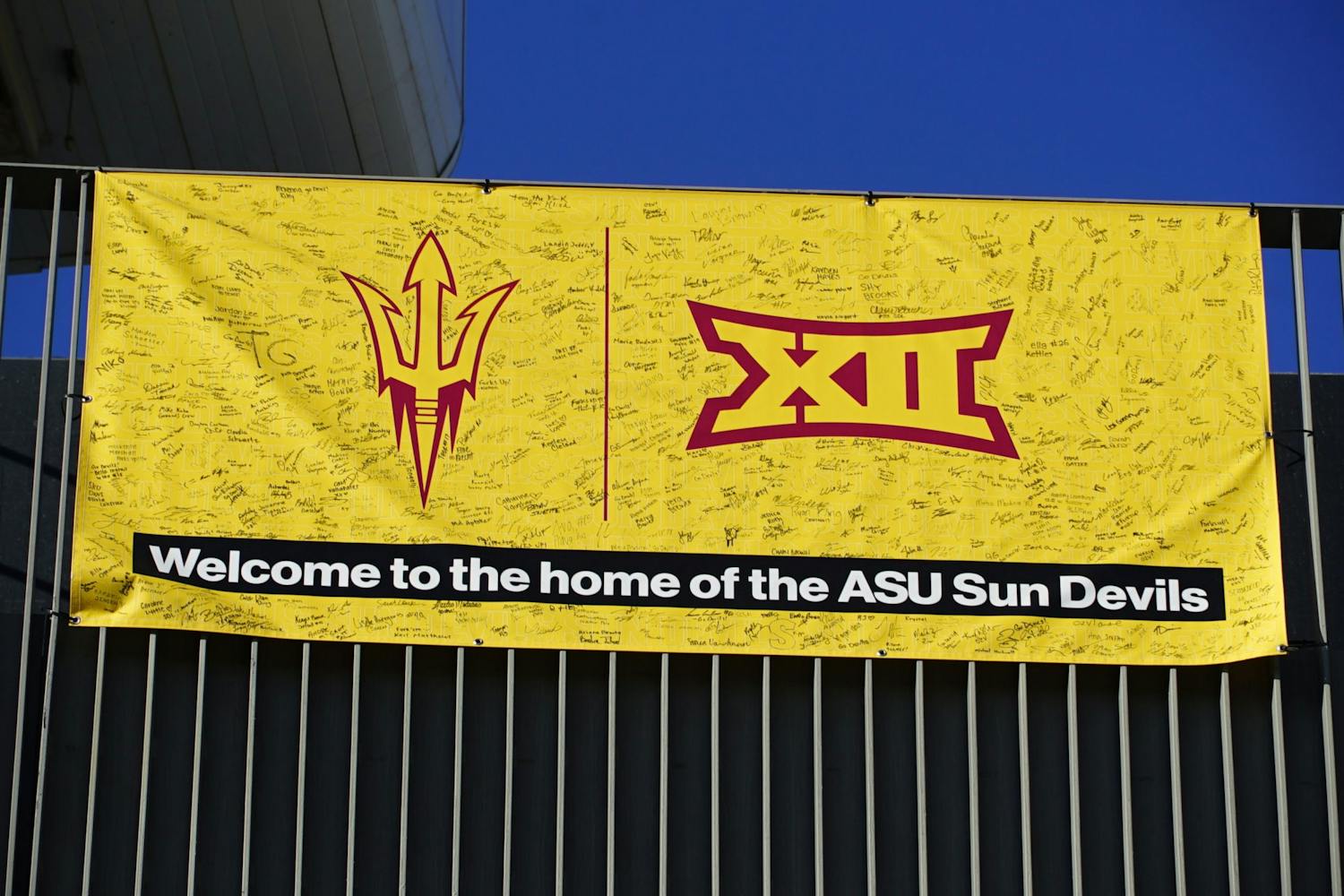Blood donations at ASU this year have increased from 2014, but a need for donations in Arizona remains steady as ASU begins its first of several blood drives this month.
There have been 1,169 blood donations at ASU since the beginning of 2015, United Blood Services spokeswoman Sue Thew said. This is a nearly 11 percent increase from total donations in 2014.
Thew said 531 of those donations took place since the beginning of the 2015-2016 school year at ASU, which hosted three blood drives during October, she said.
“In 2014, people ages 19-24 accounted for approximately 9 percent of Arizona’s donated blood and 10.7 percent of donors,” she said.
About 20 percent of hospital patients in Arizona need blood transfusions, which is roughly 500 donations per day to meet the needs of the 63 hospitals in the state that are supplied by United Blood Services.
“We generally run into a problem in winter during cold and flu season,” Thew said.
During this season, demand for blood remains the same but people tend to donate less because of sickness and less opportunity to attend blood drives at work and school because of vacation time.
In an effort to get reserves up to normal before the holiday season begins, ASU’s Tempe campus will host three blood drives with United Blood Services on Nov. 9 and 10, as well as Nov. 15 and 17.
Despite the greater number of donations so far in 2015, Thew said United Blood Services’ overall Arizona supply is low for Type O-negative, a rare blood type that six to seven percent of the population has but can be received by 100 percent of people who need a transfusion.
“We strive to keep a three-day blood supply,” Thew said about Type O-negative. “As of today, we only had one third of one day. … It’s certainly lower than we’d like to see it for this time of year.”
Thew said 60 percent of blood drives in Arizona take place with cooperation from businesses, churches and schools. According to the American Red Cross' website, 20 percent of those donations come from blood drives at high school and college campuses alone.
The American Red Cross says a desire to help others is the number one reason for donation, which is entirely volunteer-based and comes with no monetary compensation.
As far as not donating goes, according to bloodcenters.org, 17 percent of non-donors cite their main reason for not giving blood as "never thought about it," followed by 15 percent of people who say that they are too busy.
Communications freshman Alexa Graves said she doesn’t give blood because she hates needles, which the American Red Cross says is one of the most common reasons for not donating blood.
Other aspects that affect the number of donors are promotion and availability.
The American Red Cross estimated 38 percent of the U.S. population is eligible to donate, but less than 10 percent of people actually participate.
Finance and economics sophomore Alec Miller, a repeat blood donor, said donating is really easy, and usually doesn’t take long either.
“I always donate because it directly impacts people, and it can save up to three lives,” he said.
Miller said his most recent donation at ASU was for double the red blood cells, which differs from whole blood donation by collecting double the number of red cells but returning the donors platelets and plasma back into the bloodstream.
Paula Cowan-Dumas, a donor recruitment representative for United Blood Services, said participation for the drive on Monday, Nov. 9 is going well so far despite possible conflicts with class and other school activities.
“We had a full sign-up,” she said. “We decided to bring even more staff out.”
Related Links:
Blood drive award recipient continues work in new campus
Arizona blood banks lack usable blood
Reach the reporter at jesse.stawnyczy@asu.edu or follow @jesse_etcetera on Twitter.




